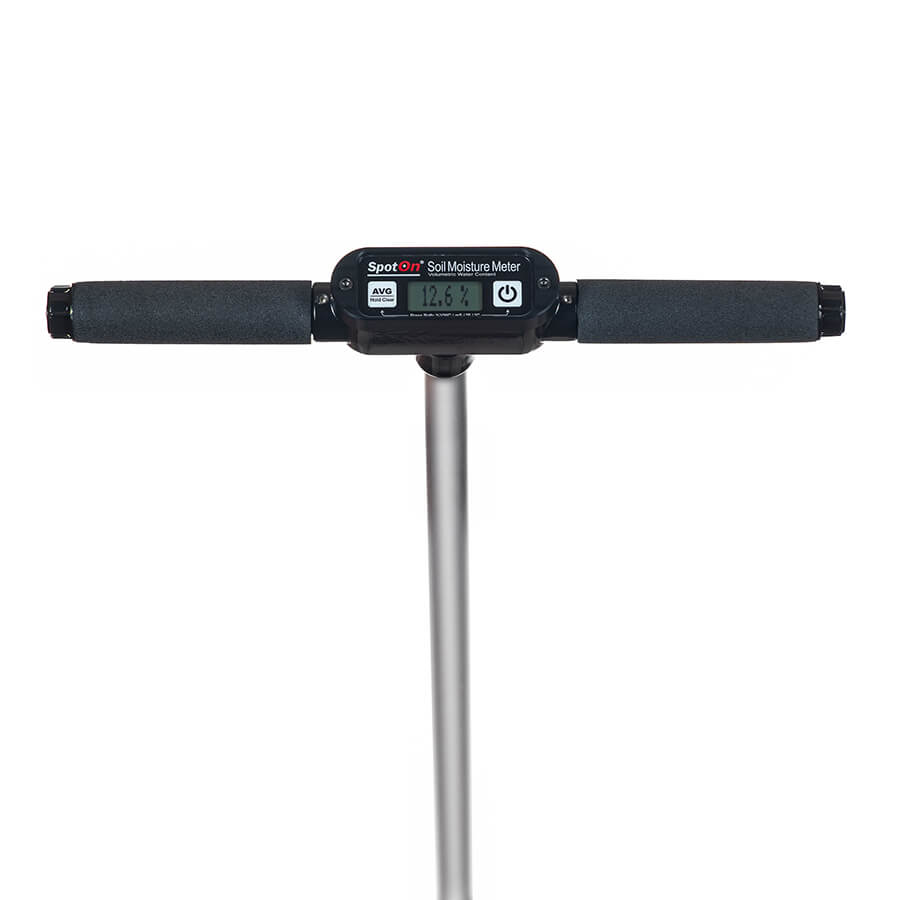Moisture Meter Purchasing Guide: What to Look for in High-Quality Instruments
Moisture Meter Purchasing Guide: What to Look for in High-Quality Instruments
Blog Article
The Ultimate Guide to Dampness Meters: A Comprehensive Review and Exactly How They Can Save You Money
In the realm of building maintenance, building, and various industries, the significance of properly gauging moisture degrees can not be overemphasized. Moisture meters work as vital tools in detecting and checking moisture material in products, aiding in stopping costly damages and making certain the high quality of products. Understanding the subtleties of various sorts of dampness meters, their applications, and the prospective cost-saving benefits they supply can be a game-changer for professionals and organizations alike. Uncovering exactly how these gadgets can not just streamline procedures but likewise add to economic savings is a journey worth beginning on.
Types of Moisture Meters
One usual kind is the pin-type wetness meter, which measures the electric resistance in between two pins placed right into a material. Pinless wetness meters, on the other hand, usage electro-magnetic sensing unit plates to scan a larger area without causing damage to the product's surface area.

Infrared wetness meters gauge the thermal residential or commercial properties of a material to establish its moisture web content non-invasively, making them useful for applications where pin or pinless meters might not be suitable. Comprehending the various kinds of wetness meters readily available can assist industries choose the most ideal tool for their particular wetness dimension requirements.

Advantages of Utilizing Moisture Meters
Wetness meters supply vital benefits in properly monitoring and evaluating dampness degrees in varied materials and environments (Moisture Meter). One of the main benefits of using wetness meters is the prevention of potential damages triggered by excess moisture. By identifying and resolving high moisture degrees beforehand, moisture meters help to avoid mold development, rot, and structural damage in buildings, conserving both money and time on repair work. Furthermore, wetness meters help in ensuring the quality of materials throughout construction or manufacturing procedures. By properly measuring wetness content, these devices assist preserve the honesty of timber, drywall, concrete, and other materials, lowering the risk of issues or failures.
Furthermore, using dampness meters can cause boosted energy performance. By determining locations with high wetness degrees, such as leaks or bad insulation, adjustments can be made to improve energy conservation and lower utility prices. In farming settings, moisture meters play an important duty in enhancing plant yields by making it possible for farmers to monitor soil moisture levels and make informed irrigation decisions. Overall, the benefits of using moisture meters cover across different industries, supplying cost-efficient options and promoting much better quality assurance methods.
How to Select the Right Moisture Meter
When selecting a dampness meter, it's vital to make certain that the meter is ideal for the certain material you will certainly be screening. Various products have varying electrical properties that can impact wetness analyses, so choosing a meter designed for your material is critical for exact results. By very carefully reviewing these elements, you can pick a dampness meter that meets your demands and provides accurate wetness dimensions for your projects.
Appropriate Techniques for Dampness Meter Use

Expense Financial Savings Via Dampness Meter Applications
How can the tactical usage of dampness meters cause significant cost financial savings throughout different industries? Moisture meters play a vital function in cost financial savings by avoiding prospective damage and ensuring high quality control in different fields. In the agriculture market, wetness meters aid in identifying the optimal time for gathering plants, preventing over-drying or excess dampness that can influence the end product's high quality. This specific tracking assists farmers prevent unnecessary web link losses and maximize their yield.
Similarly, in building and construction, dampness meters aid avoid pricey problems by spotting dampness degrees in building materials, such as wood or concrete, which can lead to structural problems if not addressed without delay. By recognizing trouble locations early, specialists can take corrective measures to stay clear of comprehensive repair work or replacements, ultimately saving money and time.
Additionally, in the food processing market, moisture meters are vital for keeping an eye on product high quality and ensuring compliance with safety laws. By precisely gauging dampness content in foodstuff, producers can stop putridity, keep quality, and lower waste, resulting in significant cost savings. On the whole, the strategic application of moisture meters is a beneficial investment that can cause significant cost decreases and improved effectiveness throughout various markets.
Verdict
In verdict, wetness meters are valuable tools for gauging and detecting moisture degrees in various materials. By using the right wetness meter and following appropriate techniques, users can properly stop pricey damages triggered by excess moisture.
Wetness meters offer as important tools in spotting and keeping track of moisture content in materials, assisting in avoiding costly problems and ensuring the top quality my link of items. Infrared moisture meters measure the thermal homes of a product to determine its moisture web content non-invasively, making them beneficial for applications where pin or pinless meters might not be appropriate.Moisture meters offer vital advantages in accurately analyzing and keeping an eye on dampness levels in diverse materials and atmospheres. In agricultural setups, moisture meters play a crucial role in optimizing plant yields by enabling farmers to keep an eye on dirt moisture levels and make notified watering decisions.In conclusion, moisture meters are useful devices for identifying and gauging moisture levels in various materials.
Report this page